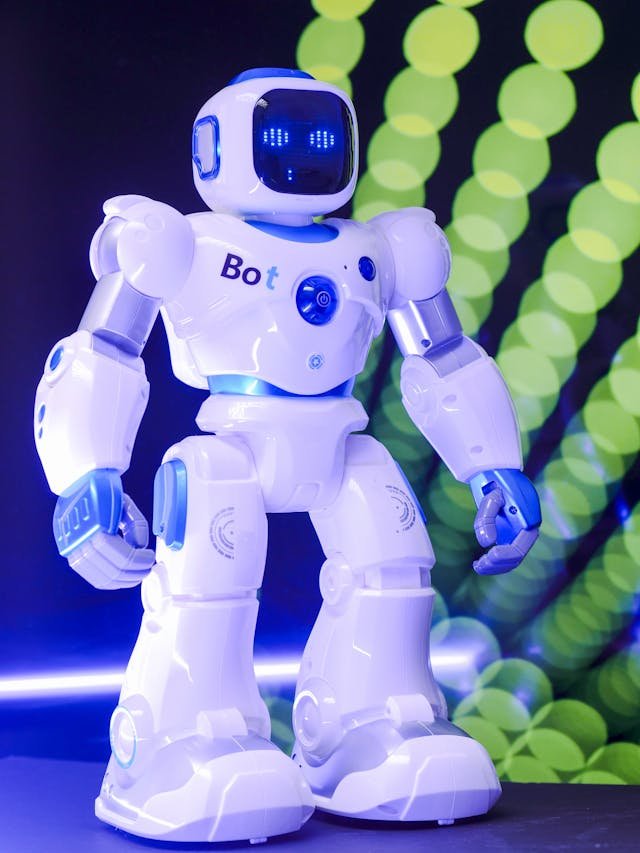Artificial intelligence has utterly changed the way many businesses work, grow, and strive in the global market. On the other hand, one should not belittle the very impact of business on developing AI. Business and AI interactions are among the big drivers for modern economies: from driving technology advancement to driving ethical considerations.
Speed Up of AI Development
Companies are driving the development of AI technologies. AI research and development is an area that receives billions of dollars every year from tech giants like Google, Amazon, and Microsoft. These efforts have seen huge leaps in computer vision, natural language processing, and machine learning. In turn, businesses have developed powerful AI tools and platforms like Bard by Google and ChatGPT by OpenAI, which push the limits of Also, startups and smaller companies contribute to the development of AI by focusing on specialized applications and well-defined challenges. Companies could accelerate the development and commercialization of AI technologies simply by facilitating collaboration among the industry players.

Reorganizing Business Processes
AI has changed business in the modern world: helping organizations make better decisions, making them more productive, and personalizing experiences for their customers. For instance, predictive analytics by AI supports supply chain management, decreasing costs by smoothing logistics. On the other hand, marketing strategies are getting data-driven while AI algorithms analyze customer behavior for targeted ad campaigns.
AI tools have also transformed customer service. Natural language processing-powered chatbots and virtual assistants can help around the clock, hence faster response times and increased satisfaction from the client base. These improvements in operation demonstrate the mutually beneficial interaction of AI and business: the more businesses use AI, the better it becomes.
Creation of New Industries and Markets
the use of AI by businesses has also spawned completely new markets and industries. The list of industries that AI innovation has created include financial services, personalized health care, and autonomous automobiles. These industries not only diversify the economy but also create new job opportunities, although the skill sets that are in demand change.
For instance, the creation of driverless cars requires robotics, sensor, and artificial intelligence programming. In this regard, the expansion of AI-powered marketing tools has given rise to machine learning and data analytics professionals.
Development of Regulatory and Ethical Frameworks
As AI is increasingly being applied, it is companies that have become driving forces in the creation of moral and legal standards. Companies are supposed to take full responsibility in designing and implementing AI systems to accord with human values. Some of these issues, including privacy and data protection, bias in algorithms, and job displacement, do need to be addressed.
The policies that would help to ensure this can be set by various governments, businesses, and academia together. In order for the companies to address all these issues in collaboration with the other stakeholders, many firms formed internal ethics committees and cooperated with organizations like Partnership on AI.
Future Opportunities and Challenges
But notwithstanding all the revolutionary potentials of AI, some challenges at the intersection of AI and business are very obvious. From cybersecurity risks, ethical dilemmas, and unequal access to AI technologies call for careful navigation. Companies have to balance between needs to preserve public trust and fair access with the need to pursue innovation.



